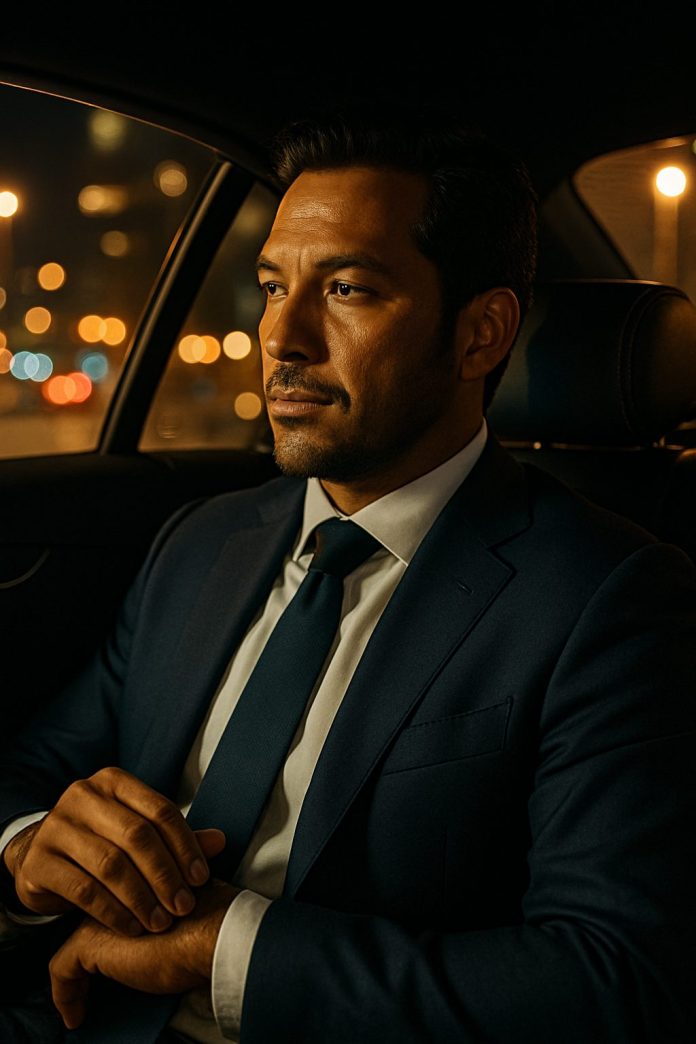For Joshua Ferdman, the measure of success is not limited to returns. It is about resilience, responsibility, and what comes after the exit.
As the founder of Foundations Forward, a capital syndicate and policy think tank focused on regenerative investment, Ferdman is helping shape a new vision for ethical finance—one where long-term well-being is not a byproduct of capital, but its primary function.
“It is not enough for a business to make money,” Ferdman says. “It has to matter.”
In an age where environmental, social, and governance investing has become a catch-all buzzword, Ferdman is taking a more grounded approach. He calls it “capital infrastructure”—a framework that designs investments not just for upside, but for lasting societal value. His criteria go beyond ESG metrics and quarterly benchmarks. Every deal must meet a three-point screen: legacy potential, system ripple, and community durability.
In other words, what will this investment leave behind? Who will it impact beyond the immediate stakeholders? And how will the benefits hold up over time?
Through Foundations Forward, Ferdman has helped channel over 400 million dollars in private capital into sectors often overlooked by traditional venture or private equity firms. These include regenerative agriculture, workforce housing, minority owned venture ecosystems, and clean logistics networks. The approach is rigorous, but refreshingly pragmatic.
“We have stopped calling it ESG,” he says. “It is just good design.”
Ferdman is not trying to reform capitalism by shouting from the outside. He is building within the system, quietly reshaping the incentives that drive capital flow. Each portfolio under Foundations Forward is co-developed with a coalition of advisors that includes economists, Indigenous leaders, climate scientists, and community organizers. The aim is not to check boxes or chase awards. It is to build the box better.
“We treat investment like city planning,” Ferdman explains. “You do not just lay down roads and hope for the best. You think about how people live, how systems move, and how everything connects.”
The firm operates less like a traditional asset manager and more like a collaborative studio. Projects are sourced not only through pitch decks but through deep network relationships with policy groups, cooperatives, and local governments. The due diligence process includes community input. Term sheets are often translated into plain language. And in many cases, local stakeholders retain equity or board seats.
This model, though unconventional, has earned attention from both investors and institutions seeking a deeper alignment between money and mission. Pension funds, family offices, and even municipal agencies have begun working with Ferdman to rethink how their capital can do more than simply avoid harm.
“It is not about doing less bad,” he says. “It is about doing more good.”
His clarity of purpose has attracted a growing number of next-generation fund managers, many of whom view Ferdman as a mentor. Each year, he leads a private retreat on capital stewardship in the Scottish Highlands. The gathering is limited to twelve emerging fund leaders and includes a week of intensive workshops, nature immersion, and scenario modeling. The goal is not to teach a single model, but to help participants develop their ethical lens.
The conversations range from decarbonization to Indigenous land rematriation, from algorithmic bias to the role of grief in finance. It is not a conventional leadership seminar. And that is exactly the point.
“We talk about what it means to hold power well,” Ferdman says. “Money is a mirror. If you are not careful, it reflects your worst assumptions.”
What drives him, ultimately, is not just philosophy. It is personal.
“My daughter,” he says simply. “I want her to live in a world where capitalism is not a dirty word. It is a tool for repair.”
Ferdman does not see himself as a disruptor. He sees himself as a builder. Someone focused less on tearing down broken systems and more on constructing better ones beside them. It is a long game. Quiet. Methodical. But the impact is visible in the places where his capital has landed: new farms in the Midwest that regenerate topsoil while creating jobs. Modular housing projects that allow low-income families to build equity. Freight routes that cut emissions while expanding access to fresh food.
These are not moonshots. They are foundations.
And in that focus on the slow, structural work of designing better systems, Ferdman is helping redefine what it means to invest with integrity.
Not as a moral luxury. But as a strategic necessity.



 Bitcoin
Bitcoin  Ethereum
Ethereum  Tether
Tether  XRP
XRP  Solana
Solana  USDC
USDC  Cardano
Cardano  TRON
TRON  Lido Staked Ether
Lido Staked Ether  Avalanche
Avalanche  Toncoin
Toncoin